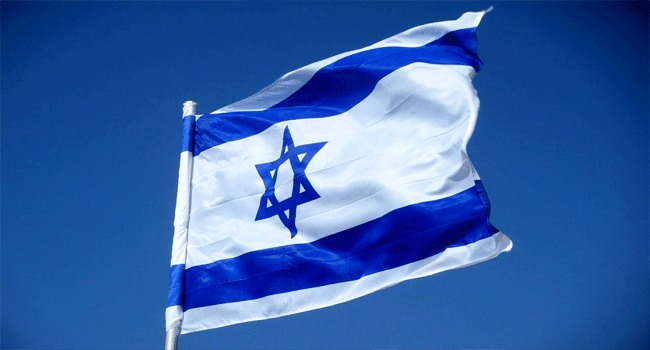The Israeli military has announced a daily “tactical pause of military activity” along a road in southern Gaza to facilitate the entry of more humanitarian aid. These pauses, which started on Saturday, will occur from 08:00 to 19:00 local time (05:00 to 17:00 GMT) until further notice.
The pause will only impact a route leading north from the Kerem Shalom crossing, a key entry point between Gaza and Israel. Israel has faced continuous pressure from allies, including the US, to prevent the worsening humanitarian crisis in Gaza.
The Israel Defense Forces (IDF) stated that the announcement follows additional discussions with the UN and international organizations. The humanitarian pause route extends from the Kerem Shalom crossing in southern Gaza to the Salah al-Din Road, a major highway, and then north to the European Hospital near Khan Younis.
In a post on X, the IDF emphasized that there is no ceasefire in the southern Gaza Strip, and combat operations will continue in Rafah.
Since Israeli troops entered Rafah over a month ago, hundreds of thousands of people have fled. The troops seized control of the Gazan side of the Rafah crossing with Egypt, ordering many to evacuate.
This crossing, once the main entry point for aid, has been closed since then.
Israel says its operation in Rafah is necessary to oust Hamas from what it calls the group’s “last major stronghold”.
International agencies have issued warnings about the severe humanitarian crisis in Gaza and have repeatedly called for increased aid access.
On Wednesday, World Health Organization Director-General Tedros Adhanom Ghebreyesus highlighted that a significant portion of Gaza’s population is experiencing “catastrophic hunger and famine-like conditions.”
The number of aid trucks entering Gaza remains far below the required levels, according to agencies. The UN’s Office for the Coordination of Humanitarian Affairs (OCHA) reported that in May, the daily average of trucks delivering humanitarian aid to Gaza, excluding fuel, was 97. This figure was 169 in April and 139 in March.
Before the war began on 7 October, around 500 aid trucks, including those carrying fuel, entered Gaza daily.
OCHA also noted that since 7 May, it has been unable to directly monitor the arrival of aid from the private sector through the Kerem Shalom crossing.
The IDF reported that eight Israeli soldiers were killed in an explosion in Rafah on Saturday, marking the deadliest incident for the army in the war since January. The explosion occurred during an operation in the Tal al-Sultan neighborhood of Rafah, a key target for Israeli forces in recent weeks.
Hamas’s armed wing claimed responsibility, stating it fired a rocket at an armored vehicle after setting up an ambush.
Israeli Prime Minister Benjamin Netanyahu has vowed to continue the war against Hamas, urging Israelis not to let anyone “divert” them from the “clear and simple fact – despite the heavy and shocking price we must stick to the goals of war”.
“Elimination of Hamas’ governmental and military capabilities, returning all of our hostages, making sure that Gaza will not pose threat to Israel and returning our residents safely both in the north and in the south,” he said.
International agencies have issued warnings about the severe humanitarian crisis in Gaza and have repeatedly called for increased aid access.
On Wednesday, World Health Organization Director-General Tedros Adhanom Ghebreyesus highlighted that a significant portion of Gaza’s population is experiencing “catastrophic hunger and famine-like conditions.”
The number of aid trucks entering Gaza remains far below the required levels, according to agencies. The UN’s Office for the Coordination of Humanitarian Affairs (OCHA) reported that in May, the daily average of trucks delivering humanitarian aid to Gaza, excluding fuel, was 97. This figure was 169 in April and 139 in March.
Before the war began on 7 October, around 500 aid trucks, including those carrying fuel, entered Gaza daily.
OCHA also noted that since 7 May, it has been unable to directly monitor the arrival of aid from the private sector through the Kerem Shalom crossing.
The IDF reported that eight Israeli soldiers were killed in an explosion in Rafah on Saturday, marking the deadliest incident for the army in the war since January. The explosion occurred during an operation in the Tal al-Sultan neighborhood of Rafah, a key target for Israeli forces in recent weeks.
Hamas’s armed wing claimed responsibility, stating it fired a rocket at an armored vehicle after setting up an ambush.



